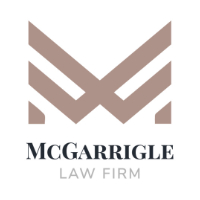Kimberton White Collar Crime Lawyer, Pennsylvania
Sponsored Law Firm
-
 x
x

Click For More Info:
-
The Law Offices of Richard J. Fuschino Jr.
1600 Locust St Philadelphia, PA 19103» view mapCriminal Defense Protecting Your Freedom and Your Reputation
Richard J. Fuschino has been defending people against criminal charges for most of his professional career.
800-973-5371
Daniel McGarrigle
✓ VERIFIEDMilitary & Veterans Appeals, White Collar Crime, DUI-DWI, Criminal
Attorney Daniel McGarrigle is an aggressive advocate and experienced litigator; he has tried hundreds of cases and handled all types of criminal matte... (more)
FREE CONSULTATION
CONTACTEdward John King
Real Estate, Pharmaceutical Product, Divorce & Family Law, White Collar Crime
Status: In Good Standing Licensed: 51 Years
Joseph D. Mancano
Real Estate, Lawsuit & Dispute, White Collar Crime, Criminal
Status: In Good Standing Licensed: 45 Years
Andrew P Reeve
Mass Torts, Litigation, Lawsuit & Dispute, White Collar Crime
Status: In Good Standing Licensed: 14 Years
 Richard Fuschino Philadelphia, PA
Richard Fuschino Philadelphia, PA AboutThe Law Offices of Richard J. Fuschino Jr.
AboutThe Law Offices of Richard J. Fuschino Jr. Practice AreasExpertise
Practice AreasExpertise

